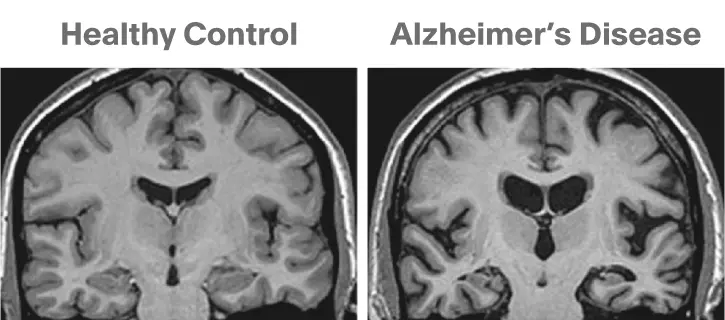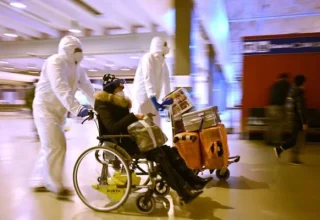WEB DESK, June 29(ABC): The race is on to find new ways to get an early diagnosis of Alzheimer’s disease using easy, noninvasive, low-cost methods.
Some of the most recent research has focused on using magnetic resonance imaging, or MRI, scans of the brain.
Alzheimer’s is usually diagnosed by the onset of symptoms, but by that time the disease is already underway.
Once diagnosed, an MRI scan is able to show brain shrinkage associated with Alzheimer’s. So far, however, an MRI hasn’t been useful in picking up early signs of the disease.
Now scientists say there may be some breakthroughs in getting an early diagnosis using an MRI. One of the latest studies was revealed this week.
A team of researchers from both the United Kingdom and the United States says their predictive model relies on getting an MRI on a standard 1.5 Tesla machine that’s used for routine scans.
They adapted an algorithm used to classify cancer tumors. They divided the brain into 115 regions and allocated different features to each region.
They trained the algorithm to identify where changes to those features could accurately predict the existence of Alzheimer’s disease.
The team tested its approach on brain scans from more than 400 people with early-stage and late-stage Alzheimer’s and other neurological conditions. The researchers also tested it on data from more than 80 people undergoing tests to diagnose Alzheimer’s.
They reported that in 98 percent of cases, their MRI-based machine learning system could accurately predict whether a person had Alzheimer’s-related brain changes.
They said it was also able to distinguish between early-stage and late-stage Alzheimer’s with fairly high accuracy in 79 percent of people.



























